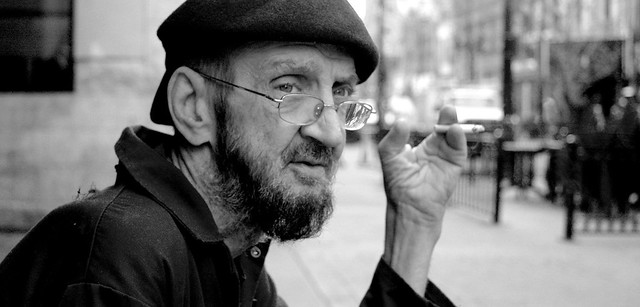Niall Hagan
Active Member
Hello, my name is Niall and I am new to this site.
Although I was tested during childhood for autism and came out negative, I am still fascinated and interested in the Autism spectrum and want to learn more. This is why I came here.
Many people, like myself, are still not sure how to identify between a person with Autism or Asperger's and a simply socially awkward, quirky, and introverted person. Maybe if you can answer these questions and clarify things, it would really help me.
I have some questions:
-What key features, if any, make people with Asperger's stand out from introverted and socially awkward people?
-Do the symptoms of Autism or Asperger's intensify or diminish over time?
-Can people on the Autism spectrum be very social, have many friends both on or off the spectrum, and be a trend follower?
-Can people with Asperger's or high-functioning autism maintain eye contact during a conversation, or does this depend?
-If someone has a limited number of interests, can you assume that they are on the spectrum?
Answering these questions would really mean so much to me and help clear out a lot of misunderstandings. Thanks!
Although I was tested during childhood for autism and came out negative, I am still fascinated and interested in the Autism spectrum and want to learn more. This is why I came here.
Many people, like myself, are still not sure how to identify between a person with Autism or Asperger's and a simply socially awkward, quirky, and introverted person. Maybe if you can answer these questions and clarify things, it would really help me.
I have some questions:
-What key features, if any, make people with Asperger's stand out from introverted and socially awkward people?
-Do the symptoms of Autism or Asperger's intensify or diminish over time?
-Can people on the Autism spectrum be very social, have many friends both on or off the spectrum, and be a trend follower?
-Can people with Asperger's or high-functioning autism maintain eye contact during a conversation, or does this depend?
-If someone has a limited number of interests, can you assume that they are on the spectrum?
Answering these questions would really mean so much to me and help clear out a lot of misunderstandings. Thanks!
Last edited:

